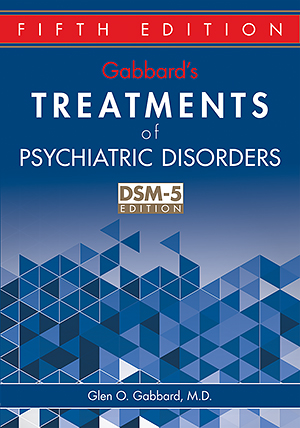Sections
Excerpt
Psychotic symptoms may be the primary characteristic of a specific disorder such as schizophrenia, occur secondary to a mood disorder such as major depression, or be due to a known causative factor such as a drug-induced paranoid reaction. Schizophrenia is the best studied disorder in terms of pharmacological treatment, and schizoaffective disorder is often included in these medication trials. Although antipsychotics have often been prescribed for major mood disorders with psychotic features, the U.S. Food and Drug Administration (FDA) has dramatically expanded their approved uses in recent years. Several of these agents are now indicated for bipolar and unipolar disorders, even in the absence of psychosis. Antipsychotics are also often prescribed off-label, but limited data are available to guide their appropriate use. For example, they are widely administered to older patients experiencing behavioral disturbances or psychosis associated with dementia. The potential risks of such off-label use are underscored by an FDA-mandated box warning for all antipsychotics, primarily due to an increased incidence of cardiovascular events and the related morbidity and mortality.
Access content
To read the fulltext, please use one of the options below to sign in or purchase access.- Personal login
- Institutional Login
- Sign in via OpenAthens
- Register for access
-
Please login/register if you wish to pair your device and check access availability.
Not a subscriber?
PsychiatryOnline subscription options offer access to the DSM-5 library, books, journals, CME, and patient resources. This all-in-one virtual library provides psychiatrists and mental health professionals with key resources for diagnosis, treatment, research, and professional development.
Need more help? PsychiatryOnline Customer Service may be reached by emailing [email protected] or by calling 800-368-5777 (in the U.S.) or 703-907-7322 (outside the U.S.).



